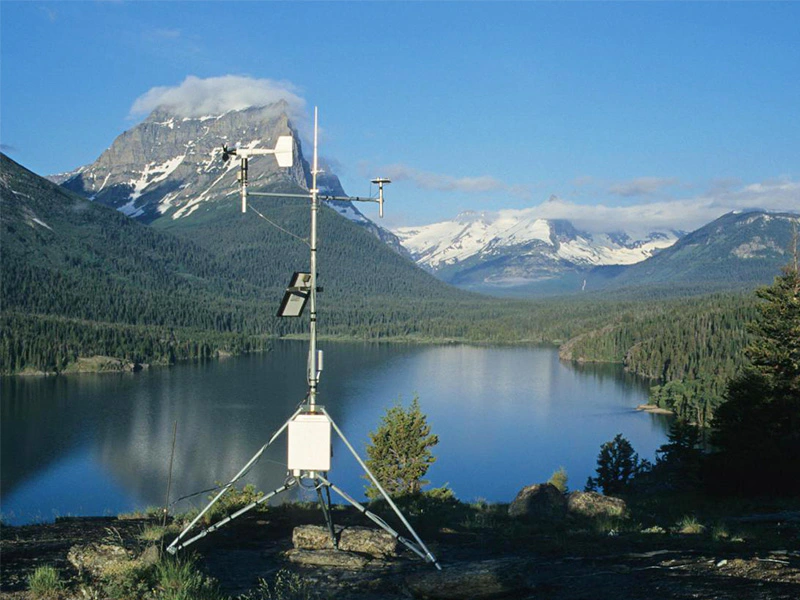
# Meteorological Station: Definition and Functions
## What is a Meteorological Station?
A meteorological station, also known as a weather station, is a facility equipped with specialized instruments to measure and record various atmospheric conditions. These stations play a crucial role in weather forecasting, climate research, and environmental monitoring.
## Key Components of a Meteorological Station
Modern meteorological stations typically include several essential instruments:
– Thermometer: Measures air temperature
– Barometer: Records atmospheric pressure
– Hygrometer: Measures humidity levels
– Anemometer: Tracks wind speed and direction
– Rain gauge: Measures precipitation amounts
– Pyranometer: Records solar radiation
## Functions of Meteorological Stations
### 1. Weather Data Collection
The primary function of meteorological stations is to collect accurate and continuous weather data. This information forms the basis for weather forecasts and climate studies.
### 2. Weather Forecasting
Data from meteorological stations helps meteorologists predict weather patterns, severe weather events, and seasonal changes.
### 3. Climate Monitoring
Long-term data collection enables scientists to track climate change patterns and study environmental trends.
### 4. Agricultural Support
Farmers rely on weather station data to make informed decisions about planting, irrigation, and harvesting.
### 5. Aviation Safety
Airports maintain meteorological stations to provide critical weather information for flight operations and safety.
## Types of Meteorological Stations
Meteorological stations vary in size and complexity:
– Synoptic stations: Provide comprehensive weather observations
– Automatic weather stations: Operate without human intervention
– Agricultural weather stations: Specialized for farming needs
– Marine weather stations: Located on buoys or ships
– Mountain weather stations: Positioned at high altitudes
## The Importance of Meteorological Stations
Meteorological stations serve as the backbone of our weather monitoring systems. Their data helps protect lives and property through early warning systems, supports various industries, and contributes to our understanding of Earth’s climate system. As technology advances, these stations continue to become more sophisticated, providing increasingly accurate and detailed atmospheric information.
Keyword: what is meteorological station